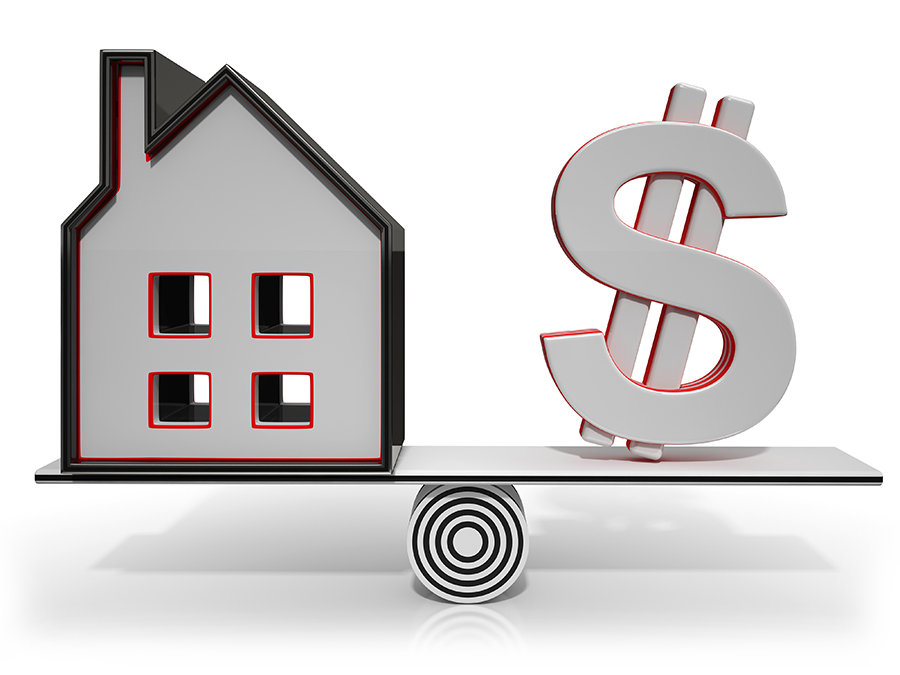“Should I refinance my house and get a 30-year mortgage? Is that crazy?”
She was nearly 65 and had a six-figure mortgage attached to her house. She was single and had a good income as a nurse.
But as she looked ahead, she could see trouble coming.
“I make nearly $5,000 per month now, and I’m hoping to work to age 70. I’m getting around $2,000 per month from Social Security when I turn 66. My house note is about $1,000 per month now, so I was trying to think of ways to get it lower,” she explained.
It made perfect sense to her…she could foresee the day when her $5,000 per month income would suddenly plummet to $2,000. If she still had a $1,000 per month house note to pay, she would barely have enough to scrap by on.
“So, let’s say you do refinance your house and your house note goes from $1,000 per month to $500. Once you’re fully retired, you would have your $2,000 income and $500 of it would go to a house note…until you’re 95. How does that feel to you?”
“Well not too good, but I don’t know what else to do!” she shot back.
I thought about it for a moment and suggested, “What if we could reduce your income from $5,000 to $4,000 now, but then at your retirement, your income would be $2,600 and you wouldn’t have a house note at all. You would own it free and clear?”
Her eyes got wide and she said, “Oh my goodness. That would be almost twice as much money to spend! Do you have some investment that can do that for me?”
“Absolutely not,” I answered. “But you do.”
She was puzzled.
“Your mortgage,” I said.
“You’ve got five years left to work,” I explained. “During that time, you’ll keep earning $5,000 per month. You pay $1,000 a month towards your mortgage, so that leaves you $4,000 to pay for everything else. That’s your current situation.
“If you’ll commit an additional $1,000 per month for the next five years to paying down your mortgage, you can have it paid off by the time you retire,” I explained. “So, you’ll be paying your regular mortgage payment of $1,000, PLUS an additional payment of $1,000. That’s $2,000. Do that, and you can pay off your house by the time you retire.”
“And then when I retire?” she asked.
“Well, by that time, your Social Security would have increased in value from $2,000 to $2,600 per month (estimated). That’s because every year you wait to take your Social Security benefit, it increases by 8%. So, by waiting to age 70 to take your Social Security, you get a higher guaranteed income for the rest of your life.”
Another way to summarize this strategy was to realize that if she would limit her non-mortgage lifestyle to $3,000 per month now (because the other $2,000 per month would be going to pay down her mortgage), she could lock in a $2,600 guaranteed income (with no mortgage) for the rest of her life in retirement.
In her case, the best way to handle debt in retirement was to retire the debt.
Argent Advisors, Inc. is an SEC-registered investment adviser. A copy of our current written disclosure statement discussing our advisory services and fees is available upon request. Please See Important Disclosure Information here.

